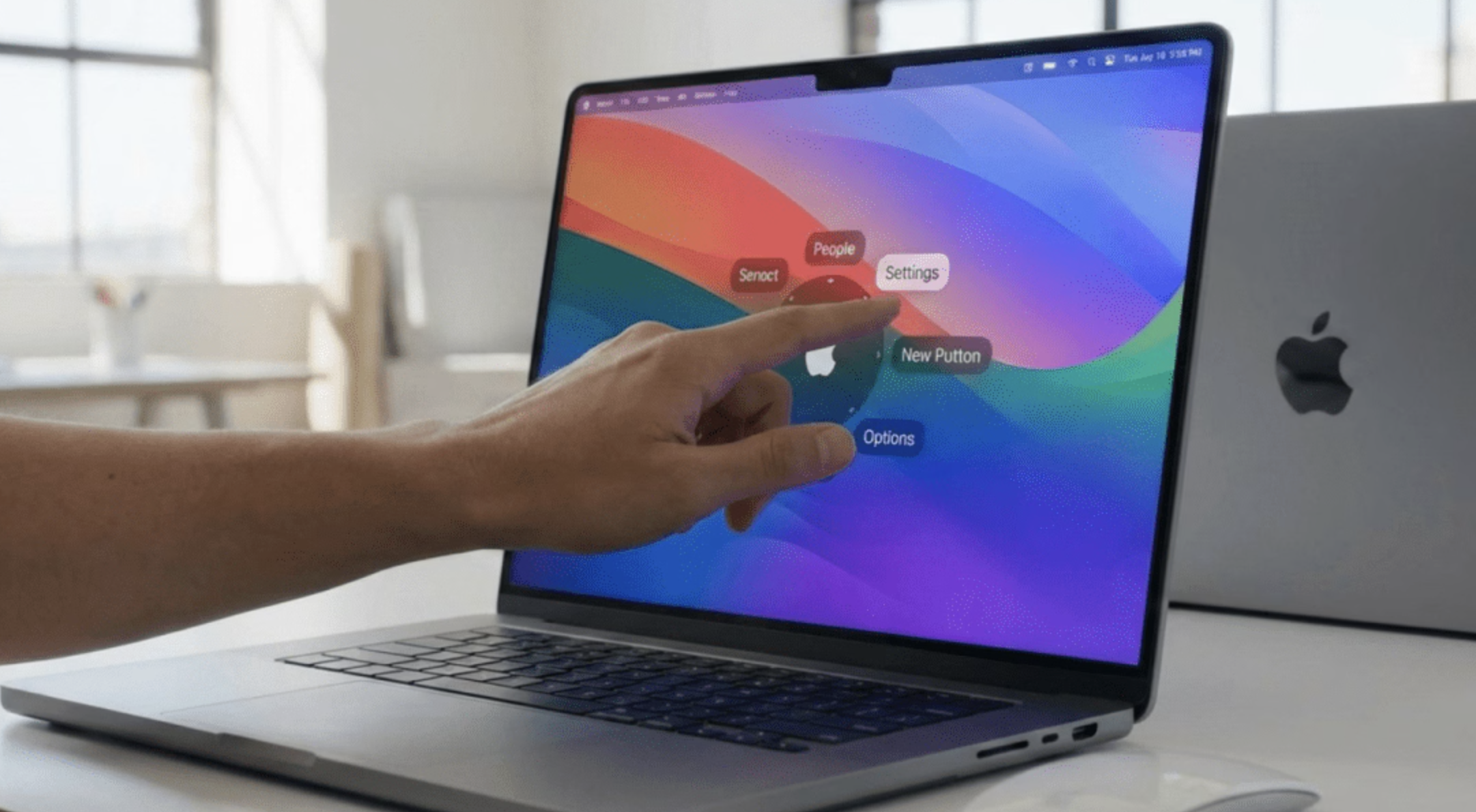The healthcare industry continues to undergo a significant transformation with technology integration across diverse segments. In recent advancements, the convergence of fintech and the healthcare industry is redefining the industry landscape. Despite the Indian healthcare system becoming the largest sector of the economy, almost half of the overall healthcare expenditure is paid directly by the patient, creating a gap in access to services due to financial constraints.

Starting from streamlining routine administrative processes – billing, insurance claims, payments, etc. to be seamlessly integrated with Electronic Health Records (EHR), the fintech integration has been fueling healthcare inclusivity at an unprecedented pace. Additionally, the integration is proving to be a game-changer in bridging the financial gaps and providing the underserved segment with financial services they were previously deprived of.
Commenting on the pivotal role of fintech innovations in fortifying the Indian healthcare industry, Nupur Khandelwal, Co-Founder of CarePay said “In a country with a vast and diverse healthcare landscape, fintech solutions, including those provided by new-age fintech healthcare companies like CarePay, are addressing critical challenges by empowering patients with tailored financial solutions. This is actively contributing to mitigating out-of-pocket health expenses, a significant concern for many individuals seeking medical care in India.”
Against this backdrop, our streamlined payment reconciliation product aligns seamlessly with the broader trend of digitization and fintech adoption in the Indian healthcare sector. As fintech increasingly becomes the bedrock of financial transactions, as an industry player, we look forward to contributing to enhancing transparency, accessibility, and efficiency in healthcare financing,” she added.
The financial gaps in availing healthcare services have severely impacted the way people undergo medical treatments. Due to increased out-of-pocket expenses, at least 6 out of 10 end up delaying their treatments or are forced to either sell their assets or borrow money from their family and friends. In this scenario, fintech is instrumental in creating a harmonious ecosystem that simplifies financial solutions and contributes to the universal health coverage agenda of the country.
Fintech solutions have facilitated financial inclusion, enabling previously underserved populations to access healthcare services. The advancement in the sector is revolutionizing access to medical funds, providing instant loan approvals on medical treatments. This rapid process ensures individuals can promptly address their health needs without compromising their well-being due to financial Constraints,” said Brijesh Chokhra, co-founder at WeCredit.
The present healthcare scenario is further impacted by the health insurance penetration in India which is significantly low as government schemes cover only 70% of India’s population while 30% of the remaining population is devoid of any health insurance plan. In order to enable equal access to healthcare services for the underserved, fintech innovations are equipping patients with financial backup – instant lending solutions and QR technology for easy financial accessibility, reducing the dependency on traditional modes of finances and facilitating the patients with personalised financing plans based on data-driven insights.
“Through digital payment platforms, individuals can now seamlessly settle medical bills, purchase insurance, and avail themselves of healthcare financing options. The integration of fintech and healthcare has paved the way for data-driven insights. By leveraging big data and analysis, healthcare providers can identify trends, manage resources more effectively, and enhance patient outcomes,” Brijesh added
In a short span, fintech innovations have successfully paved their way in the healthcare industry. With its integration into the ecosystem, the world is being presented with endless benefits of accessing healthcare services while also enjoying affordable and patient-centric medical experiences. As fintech and healthcare continue to converge further, the industry will be facilitated with more solutions to address critical challenges, improving the overall healthcare scenario.












